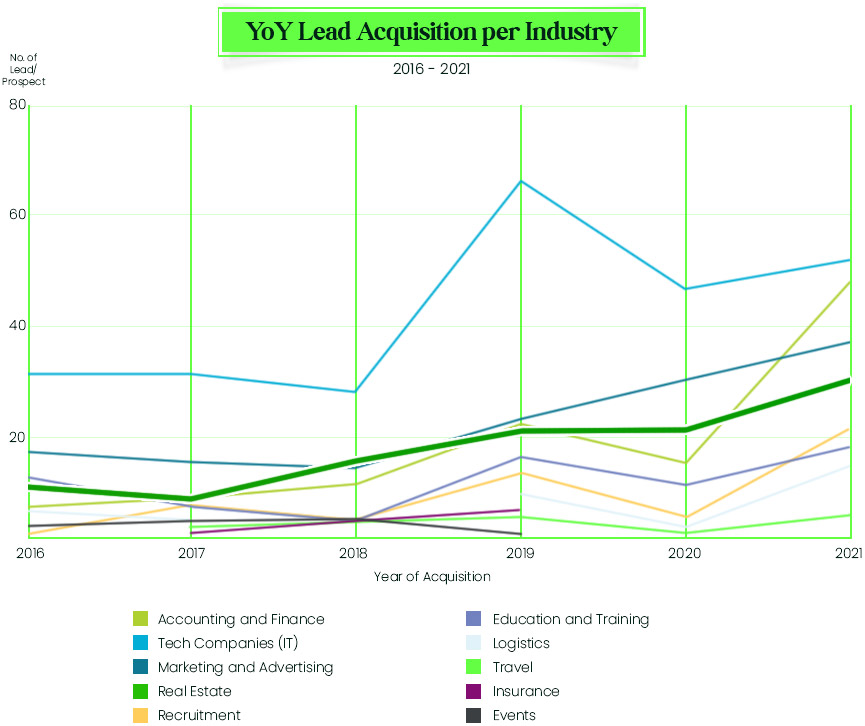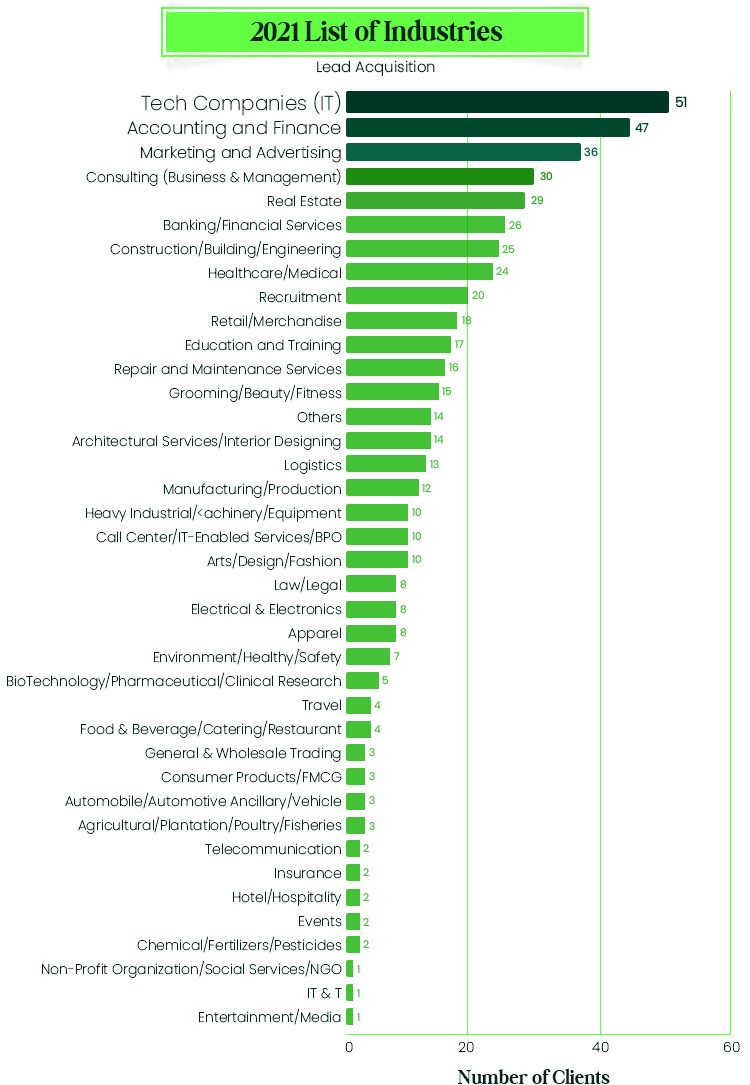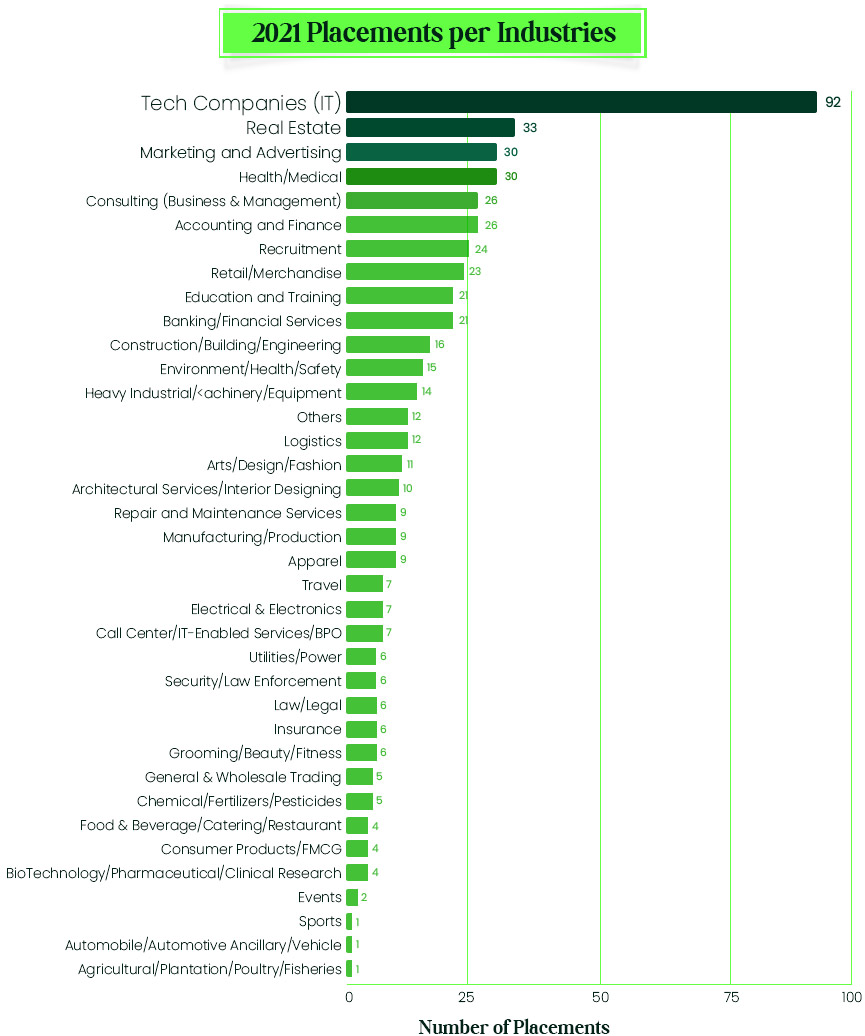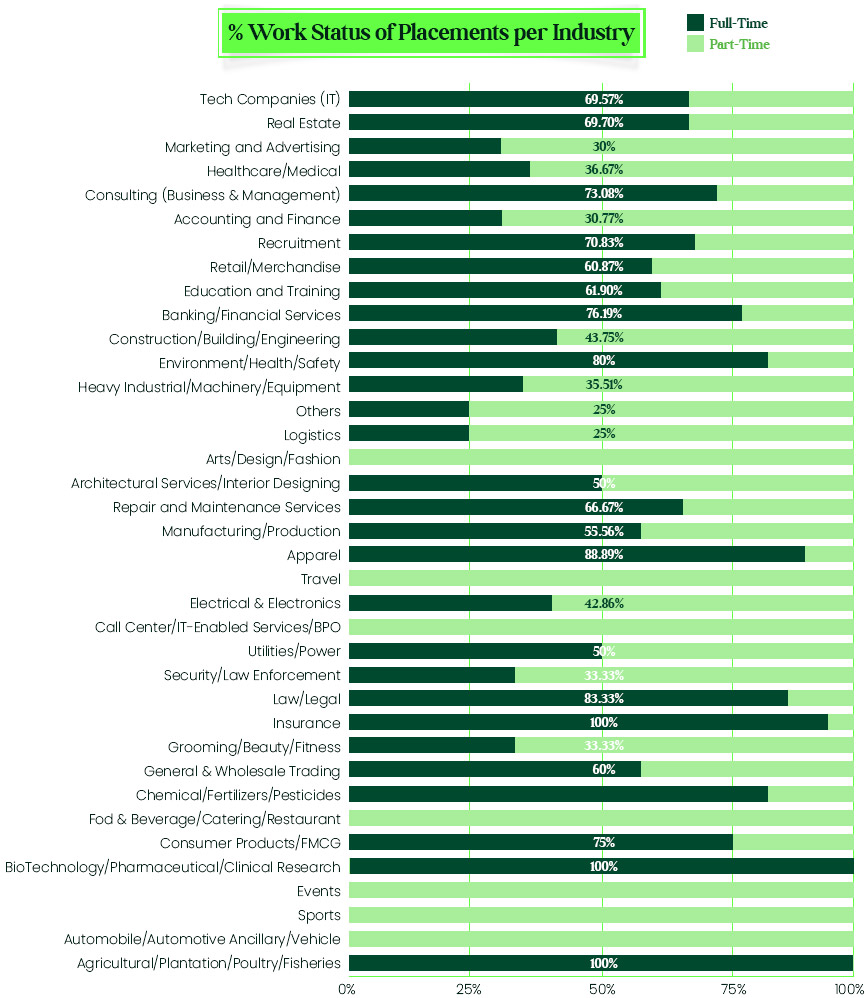Introduction
Real estate is one of the most valuable assets you can own or trade. Just about anywhere in the world, the population increases while the amount of livable land remains the same. The rising demand thus guarantees the latter’s value going up over time.
So, aside from owning stocks or selling goods, brokering the sale of and/or renting out properties can be a great way to make money. In Brisbane alone, the property market is projected to grow further this 2022, the ongoing pandemic notwithstanding.
Australia has one of the world’s most urbanised populations. Majority of its citizens live in cities on the coast, which can be relatively expensive. However, this doesn’t stop locals (as well as other tourists and foreigners) from investing in real estate Down Under.

According to the most recent numbers, more than half of Australians are homeowners. And as with other developed nations, the percentage of home ownership increases with age. By the time people reach their mid-30’s, half of them already own their own place.
Right now, the median age of the Australian population is 37. This means that half of the population are more financially stable and are likely to be looking to buy their own homes, making them a good market for real estate businesses.
While it’s true that prices of homes have increased in the last 10 years, the demand is now higher than ever as the country slowly but surely recovers from the pandemic. 2021 was definitely a bumper year for real estate sales, for instance, what with record-low interest rates on housing loans, continuing restrictions on people’s movements, remote work steadily going mainstream, and additional government financial support compelling many consumers to allocate more of their income for housing.
2022 will likely be another good year for the real estate industry. The demand for residential real estate stabilised last year, but future lockdowns are no longer as big a threat with increased vaccination rates in the country.
Challenges in the Industry
Vaccination rates are steadily rising throughout the country, but there’s no doubt that the COVID-19 pandemic will continue to disrupt the real estate industry regardless. Hence, its lasting impact is expected to ripple outwards for years to come.
To date, there are at least five emerging challenges the industry will need to address or work around:
Weaker Demand Within the CBD Market

Social distancing measures and border lockdowns forced people to stay at home. These days, it’s become increasingly normal for families to study and work remotely. Consequently, a significant percentage of the population has moved to the rural areas for lower living costs and better quality of life, among other things.
With work and school becoming increasingly decentralised, Central Business Districts (CBD’s) face significant challenges in getting people to come back to the city.
Hence, we can expect urbanisation and growth in the CBD sector to slow down in the foreseeable future.
Distributed Property Demands

Because of the pandemic, the Australian government offered various forms of financial support like lower interest rates and mortgage rates are now significantly lower. Conversely, the number of first-time buyers in the property market is currently higher as of this writing.
This presents both an opportunity and a challenge as most buyers might be looking for residential properties outside CBD’s. It’s highly possible that there will be an increase in demand for properties in rural areas, thus driving property prices in these areas upwards.
Instability of Property Prices

The end of the pandemic won’t guarantee price stability in the property market. The global economy still has a long way to go before recovery, and there’s still a lot of uncertainty and volatility where property valuations are concerned.
Although the low-interest rates, favourable supply, and increasing demand has led to higher consumer confidence, lower income levels contribute to further disparity when it comes to home ownership.
High Unemployment

Speaking of lower income levels, the pandemic’s devastating effect on various businesses and livelihoods continues. Although the demand for real estate is increasing, this is largely due to government-backed initiatives. Hence, there’s no telling if the demand will prove sustainable once the incentives are lifted.
Left unaddressed, the unemployment issues will inevitably affect most Australians’ ability to purchase or rent property.
Uncertainty for Office Spaces

Remote work is clearly here to stay, so the demand for office spaces is likely to decrease.
However, there’s also an opportunity for repurposed work spaces. With the rise of the hybrid working model, there will still be a need for company offices, but there will likely be a preference for those with proper ventilation. The need for social distancing in these offices could possibly offset the decreased demand for larger working spaces as well.
Co-working spaces could also replace the typical office, what with a good percentage of the population not having a good place to work at home due to factors like cohabiting with family, the lack of room, or numerous responsibilities that get in the way of productive work.
Remote Staff as a Possible Solution

While the real estate industry will remain relevant and profitable, the challenges ahead indicate that unconventional solutions could benefit any company that wants to scale sustainably post-covid.
As mentioned in the previous section, since the demand for office space is much lower these days, it doesn’t make sense for a leading real estate company to cling to a traditional workspace.
And since remote work opens up the possibility of hiring the best talent from anywhere in the world, Australian dollars will go much further when outsourcing key administrative tasks, such as the following:
- Virtual Assistants
- Sales Consultants
- Graphic Designers
- Content Writers
- Data Entry Experts
- Social Media Managers
With its vast pool of prequalified Filipino remote working talents, comprehensive skills development program for both clients and workers, and its uniquely-designed monitoring platform, Remote Staff can easily fill staffing requirements for both temporary and permanent arrangements in the real estate industry.
Need a more specific role? So long as it can be done remotely, Remote Staff can also seek out suitable candidates for it.
Tasks That Can Be Outsourced in the Real Estate Industry

-
Virtual Assistants
- organise virtual meetings and real estate-related webinars;
- manage contact lists and organise managers’ calendars;
- create and review client spreadsheets and keep online records;
- conduct market research about the real estate industry and report results;
- prepare presentations featuring properties and other assets; and
- help other remote employees with their administrative queries.

-
Sales Consultants
- sell real estate properties and assets that the company offers;
- maintain and grow a strong client base;
- find new business opportunities and maintain a healthy pipeline for future real estate deals and investments;
- respond to new and current client bases regarding concerns and service enquiries of new and upcoming properties

-
Graphic Designers
- developing concepts, graphics and layouts for real estate promotions, company posters, social media promotions, and website banners;
- determining size and arrangement of copy and illustrative material, as well as font style and size;
- preparing rough drafts of material based on the property design;
- reviewing final layouts and suggesting improvements for future concepts;
- liaising with other creative team members to ensure deadlines are met and that marketing materials are rendered in the highest quality.

-
Content Writers
- conducting research on any real estate-related topic
- writing website descriptions of real estate properties;
- creating blog posts about the latest trends, architectural styles, and real life client feedback and expectations; and
- developing style guides or suggesting changes in website and social media content to ensure brand message is consistent and clear among all channels.

-
Data Entry Experts
- collecting and digitising previous data such as invoices, cancelled bills, client information, and financial statements;
- maintaining a detailed and organised storage system of sold and rented property units to ensure data entries are complete and accurate;
- addressing data inconsistencies such as rental rates and property cost by working with administrative staff to verify or locate missing data;
- attending to data queries and reporting any major data errors or inconsistencies to management; and
- adhering to best data management practises and maintaining a high standard of accuracy and efficiency.

-
Social Media Manager
- staying up to date with latest social media trends and hashtags to generate more interaction from followers, especially potential customers;
- working with copywriters and designers to ensure content is relevant, informative, and appealing;
- measuring the success of every social media campaign and what can be done to further improve future engagements;
- monitoring SEO and user engagement and suggest content optimization to filter out the right audience; and
- communicating with real estate professionals as well as influencers via social media to create a strong network.
Remote Work in the Real Estate Industry: What Our Numbers Are Saying
Save for our client testimonials (more on that in the next section), we can’t really reveal much about our client’s remote operations and results (yet).
But the numbers we do have undoubtedly reveal that the demand for remote work in the real estate industry has been slowly but steadily growing over the years:

And when we break down the lead acquisition numbers from last year per industry further, we can see that the real estate industry is in the top five industries that have expressed either a need or an interest in remote work:

As for actual placements, the real estate industry places even higher. According to the chart below, the total number of actual placements in this industry last year was second only to that of the IT industry:

Lastly, far from a temporary fix that most people consider it to be, the remote positions in the real estate industry are actually quite permanent, judging by the proportion of full-time positions versus the part-time ones.
In the chart below, over 69.7% of our remote work placements in the real estate industry are full-time, even exceeding that of the IT industry’s by a very small margin:

Actual Client Testimonial
Michael Uspensky founded and runs a company called National Rental Inspections, which specialises in rental property inspections on behalf of real estate agencies and property management companies. They carry out about 40,000 property inspections annually, and have been Remote Staff clients for more than eight years.
Learn more about how Remote Staff’s rich pool of talented Filipino remote workers has helped his business grow over the years – along with his recommendations for making the most out of such an arrangement in the short video below:
Looking for the right people to get your company ready for the digital future? Call us today or schedule a call back to view our available candidates.
Serena has been working remotely and writing content for the better part of the last decade. To date, she's written for Pepper.ph and Mabuhay Magazine, among others, and has churned out more than a thousand articles on everything from The Basics of Stock Market Investing to How to Make Milk Tea-Flavored Taho at home.























